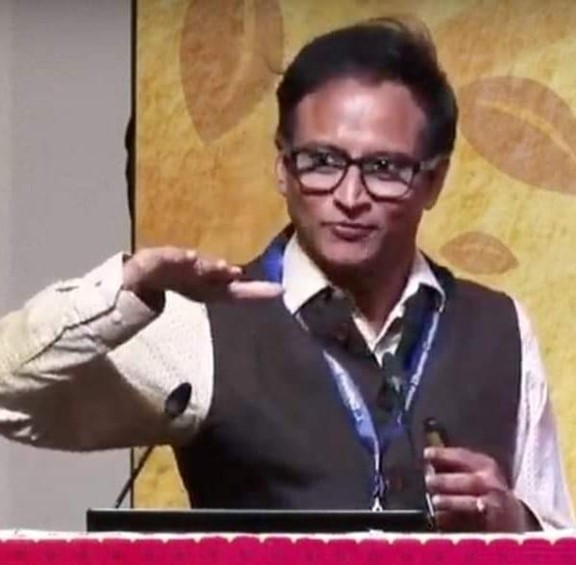From Rural Sustainability to Refugee Crisis to Beef Consumption and Vice Versa
Dr. Pankaj Jain
Assistant Professor at University of North Texas
In many parts of the world, villagers are departing from ecologically degraded rural environments for overcrowded urban centers, leaving rural ecosystems vulnerable to further exploitation and degradation. Local NGO's have addressed these conditions, with strategies that have enabled villagers to gain a sustainable income from rural ecosystems. They tell us that rural areas need to be made more productive so that rural people can remain in the forests and maintain them. This requires sustainable village development that protects eco-system services.
We want to invite leaders of NGO's in these regions to a workshop at the University of North Texas on June 10th and 11th, 2016, to share with one another the strategies that have empowered villagers toward self-reliance, discuss challenges they face, and share their insights. Rural activists and other community members, scholars from Mexico, the USA, India and beyond will present their own narratives of community-based responses to major global, cultural, and environmental pressures. Our objective is to focus on non-Western ways of thinking, doing, and acting upon the repercussions of globalizing pressures in rural areas.
When I announced about this event to a group of scholars and activists recently, some of them immediately mentioned about the refugee crisis of the Americas and that reminded me of the film Cowspiracy (streaming on Netflix). Ever since I have seen that film, I have become increasingly alarmed by the biggest blind spot of most of the environmentalists, scholars, and activists who work in the areas of poverty alleviation, world hunger, climate change, and refugee crisis. The biggest cause, as the film demonstrates with evidences and academic citations, of all the major world problems is the destruction of the rainforests due to more land grazing needed for the cattle to be consumed as beef and dairy. Yet, most of us (activists, environmentalists, scholars) are limiting our work mainly to criticize the corporates (the fossil fuel and mining extractions). It is usually mentioned that global tourism and drug cartel are responsible for refugee crisis but not each one of us is a consumer of drug or of eco tourism. However, almost everyone of us is a consumer of animal products each day!
That is why beef consumption and animal farming should be the front and central cause for us to work on. For many of the other consumptions, unfortunately we have little or no alternative although electric cars are now increasingly threatening fossil fuel cars and solar panels are replacing fossil fuel based utilities. Yet, animal farming remains conspicuously absent from our major discussions even though vegetarian food is often cheaper, healthier, and more environmentally friendly. More details here. We can no longer ignore the biggest elephant in the room.
Animal farming is the least discussed topic in almost all major discussions about refugees. It can be argued that soy farming also causes the rainforest destruction but the biggest consumer for soy is also animal feed that is linked with the beef consumption. Similarly, the biggest consumer for all irrigation projects, another reason for rainforest destruction, is also farming and farming's biggest output goes for animal feed too because livestock animals far outnumber humans on our planet.
We can no longer ignore the biggest elephant that has been ignored for decades with all our focus on only political and economical reasons for climate change, rainforest destruction, world hunger, and refugee crises. The movement for global change begins with each one of us. Gandhi's immortal words are so urgently to be implemented, "Be the change that you want to see in the world."
 Professor Ph. D. Pankaj Jain
Professor Ph. D. Pankaj Jain